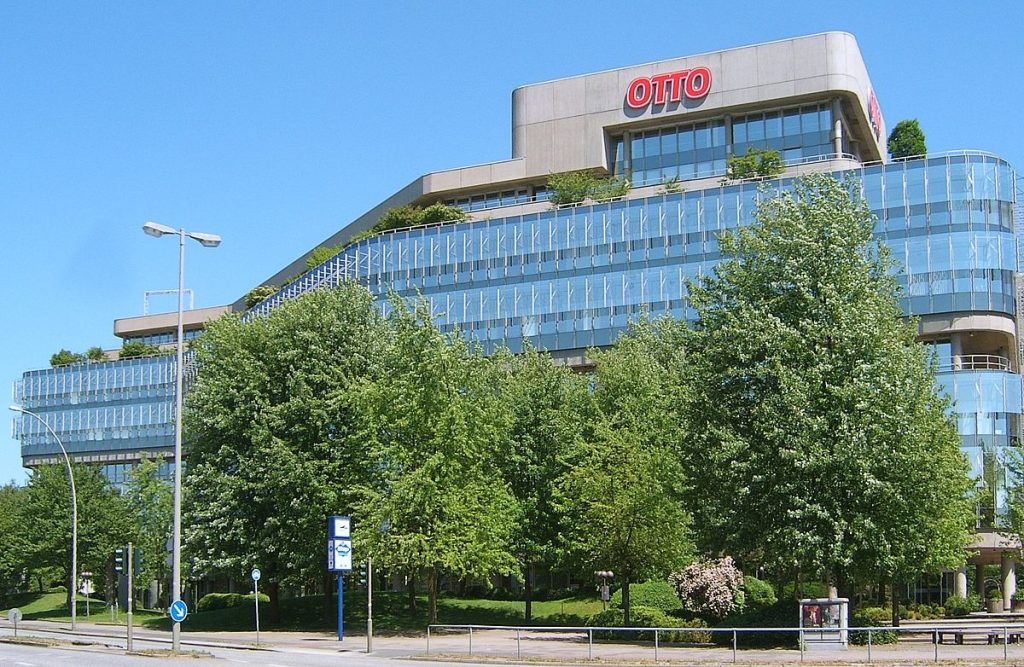 Otto saw a significant decline in revenue in the past fiscal year. However, the trading volume slightly increased, thanks to sales from partners on Otto’s marketplace. They account for one-third of the income. Otto aims to expand its marketplace offering within Europe.
Otto saw a significant decline in revenue in the past fiscal year. However, the trading volume slightly increased, thanks to sales from partners on Otto’s marketplace. They account for one-third of the income. Otto aims to expand its marketplace offering within Europe.
The German icon of distance trading announced this alongside its annual financial results. In the fiscal year 2023/2024, Otto’s revenue decreased by 8 percent to 4.2 billion euros. This performance was “still well above market comparison”, Otto refers to figures from the Bundesverband E-Commerce und Versandhandel Deutschland (bevh), which noted an 11.8 percent decline and described 2023 as a “low point” for ecommerce in Germany.
In its press release, Otto highlights the positive development of Gross Merchandising Value (GMV), which increased by 2 percent to 6.5 billion euros. The slight increase in Otto’s platform sales, despite the ongoing crisis atmosphere in retail, makes CEO Marc Opelt cautiously optimistic. He previously referred to the platform model as the “key growth engine” of the online department store.
During the past fiscal year, Otto expanded the number of marketplace partners by 33 percent, to over 6,500. Together, they accounted for one-third of the revenue on the shopping platform.
Despite the long and growing distance in terms of revenue on Amazon, Otto is “very well positioned” with German marketplace sellers, according to Opelt. Now the company is preparing to open it up to European marketplace partners. Initially, Otto will connect warehouses of German marketplace sellers in other European countries to its platform. Starting next year, marketplace participants from other European Union member states can also offer their products on Otto’s platform. Currently, a German VAT number is required for this.
Opelt indicates that Otto has deliberately chosen the European perspective saying that the company relies on products that meet the highest quality and sustainability standards. Therefore, they carefully select who may sell goods on their marketplace and who may not. In the future, cheaply produced disposable items will also not play a role in Otto’s business model.
From summer onwards, Otto will open its marketplace to additional product categories, including dietary supplements and energy technology, ecommercenews.com reports.
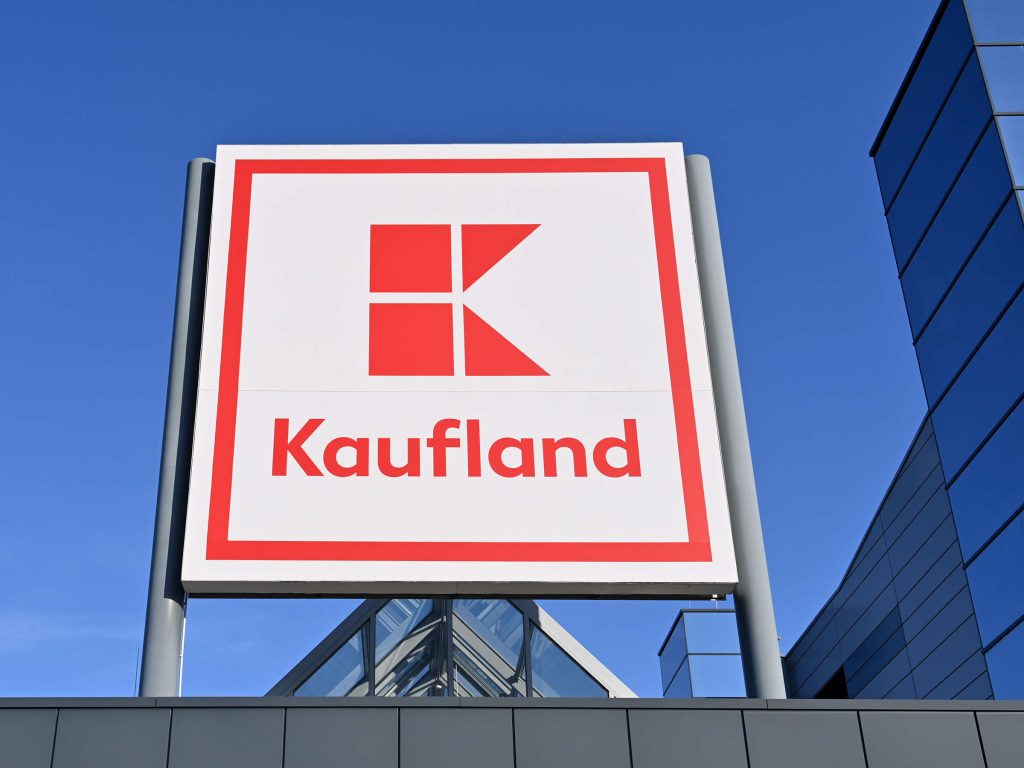
 Fresh analysis has been published by Billie, an BNPL solution for B2B sellers. According to its findings, the total European value of B2B goods sold online is estimated to reach 1.7 trillion euros by 2025. However, B2B sellers in Europe are not utilizing all available opportunities yet. Most of them only allow local buyers to shop their goods.
Fresh analysis has been published by Billie, an BNPL solution for B2B sellers. According to its findings, the total European value of B2B goods sold online is estimated to reach 1.7 trillion euros by 2025. However, B2B sellers in Europe are not utilizing all available opportunities yet. Most of them only allow local buyers to shop their goods.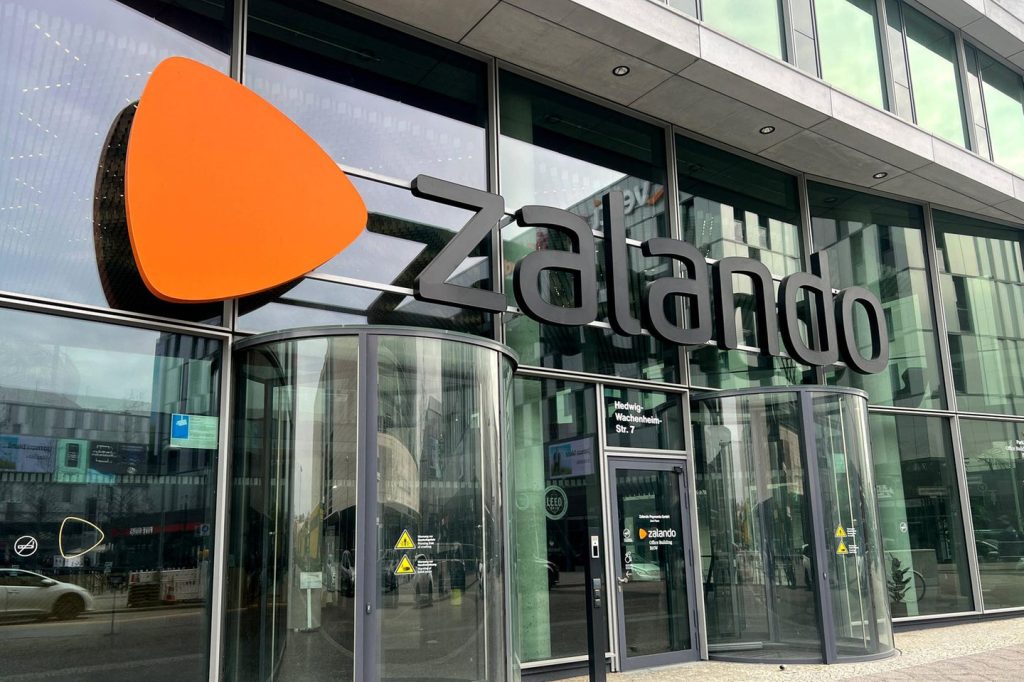 For the second consecutive year, Zalando has seen a decline in its revenue, whereas a growing portion of its income comes from sales partners on the platform.
For the second consecutive year, Zalando has seen a decline in its revenue, whereas a growing portion of its income comes from sales partners on the platform.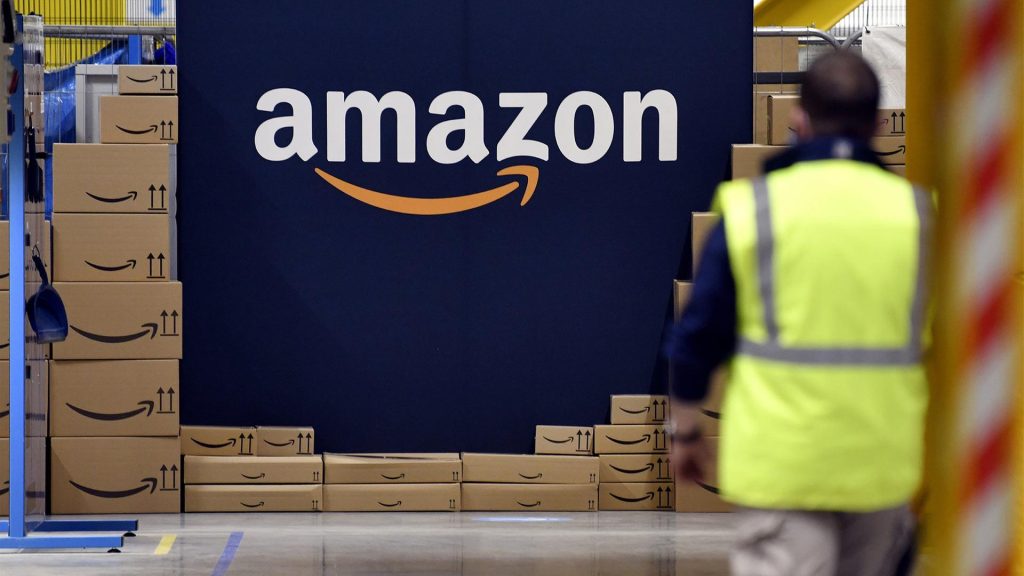 Amazon lobbyists are no longer welcome in the European Parliament. Their access passes are being revoked due to concerns over transparency and working conditions, which is a rare decision.
Amazon lobbyists are no longer welcome in the European Parliament. Their access passes are being revoked due to concerns over transparency and working conditions, which is a rare decision.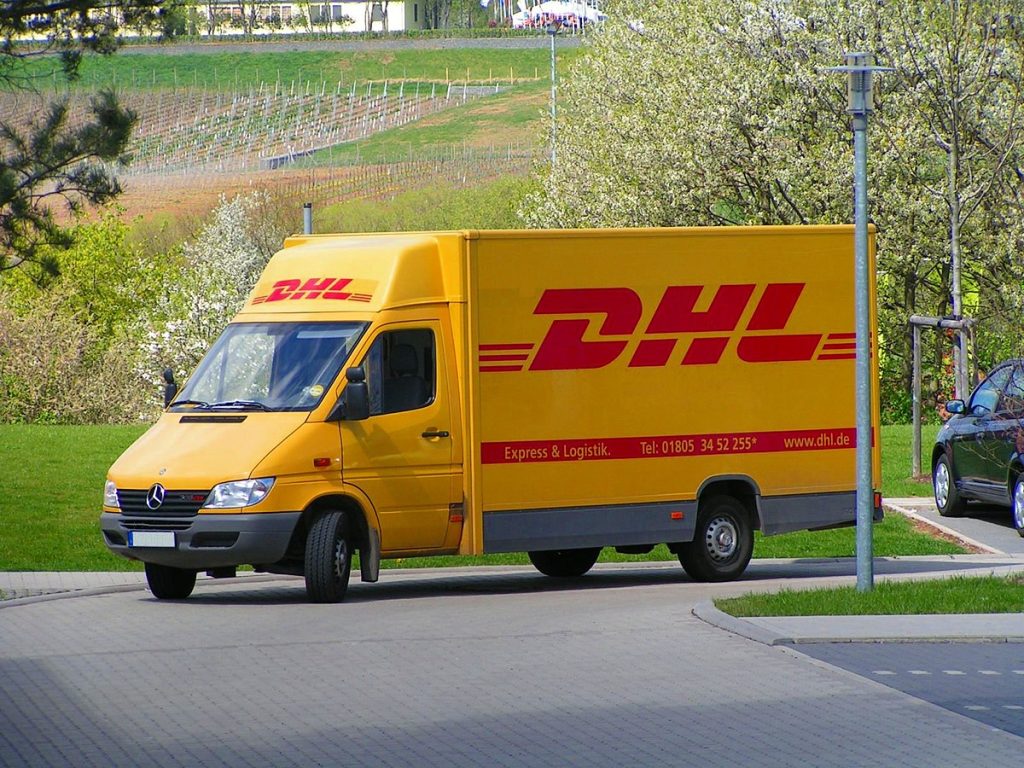
 A report from the insurance provider Chubb found that the ecommerce problems of most concern among consumers regarding social commerce were different from those expressed by retailers.
A report from the insurance provider Chubb found that the ecommerce problems of most concern among consumers regarding social commerce were different from those expressed by retailers. The amount of online shoppers in Europe decreased 1 percent in 2023. However, the amount of regular online shoppers has remained stable. And 7 out of 10 of these regular online shoppers were active on C2C platforms, where they bought or sold secondhand products.
The amount of online shoppers in Europe decreased 1 percent in 2023. However, the amount of regular online shoppers has remained stable. And 7 out of 10 of these regular online shoppers were active on C2C platforms, where they bought or sold secondhand products. Last week, Shopify has launched its Winter ’24 Edition, which includes more than 100 product updates to its ecommerce platform. These include features to make international selling easier. Merchants can now add a localized online store for up to 3 markets.
Last week, Shopify has launched its Winter ’24 Edition, which includes more than 100 product updates to its ecommerce platform. These include features to make international selling easier. Merchants can now add a localized online store for up to 3 markets. Recommerce is a relatively new term, which includes solutions like repair, remanufacturing, rental services, reconditioning, refurbishing, and resale. Online marketplaces such as Vinted are good examples of c2c recommerce marketplaces.
Recommerce is a relatively new term, which includes solutions like repair, remanufacturing, rental services, reconditioning, refurbishing, and resale. Online marketplaces such as Vinted are good examples of c2c recommerce marketplaces.